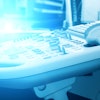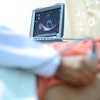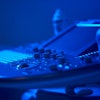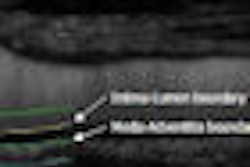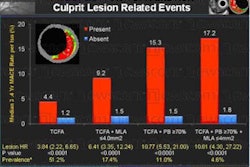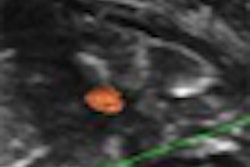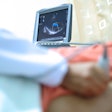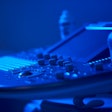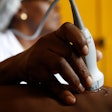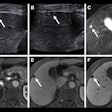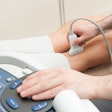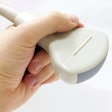Dear Ultrasound Insider,
The use of microbubble contrast agents with ultrasound has added considerable value to echocardiography and, outside the U.S., to several radiology applications as well. But one of the agents' most important roles might eventually be in facilitating targeted gene therapy.
A research team from Baylor University believes that the use of ultrasound to target gene-laden microbubbles may overcome many of the technical challenges that have hindered this field. In research evaluating its benefits in targeted gene therapy for human pancreatic islets transplants, the group found significant improvements in revascularization, function, and diabetic cure rate.
Dr. Paul Grayburn of Baylor University Medical Center in Dallas presented their findings during a talk at the Advances in Contrast Ultrasound: ICUS Bubble Conference in Chicago, held October 22 and 23 in an educational partnership with the International Contrast Ultrasound Society (ICUS).
As an Insider subscriber, you have access to this Insider Exclusive before it is published for the rest of our AuntMinnie.com members. To learn more about the promise of ultrasound and microbubbles in boosting gene therapy, click here.
We're also featuring another article from the ICUS Bubble Conference this month in our Ultrasound Digital Community. A multi-institutional research team has discovered that contrast-enhanced ultrasound can provide reliable quantification of the neovascularization of the carotid artery vasa vasorum, opening the door for identifying atherosclerosis at its very earliest stage. For that article, click here.
In other ultrasound news, researchers from Elizabeth Wende Breast Care in Rochester, NY, found "second-look" ultrasound to offer a substantial benefit for evaluating unexpected lesions found on breast MRI exams.
Features editor Wayne Forrest also has coverage of research that speaks to the ongoing work-related injury risk for sonographers. In a recent study at Yale University in New Haven, CT, 96% of female sonographers experienced some type of musculoskeletal injury over a 12-month time frame. For that article, click here.
Also, researchers continue to build a strong case for the safety record of contrast agents. In the latest large study, a Mayo Clinic team found that the use of contrast agents during stress echocardiography was not associated with an increased risk of death or myocardial infarction during short-term or long-term follow-up.
And on a lighter note, a team of Spanish researchers found that ultrasound bone-density values were higher for women who drink beer, outperforming both wine drinkers and teetolaters. You can reach that article by clicking here.
Do you have an idea for a topic you'd like to see covered? As always, please feel free to drop me a line.

